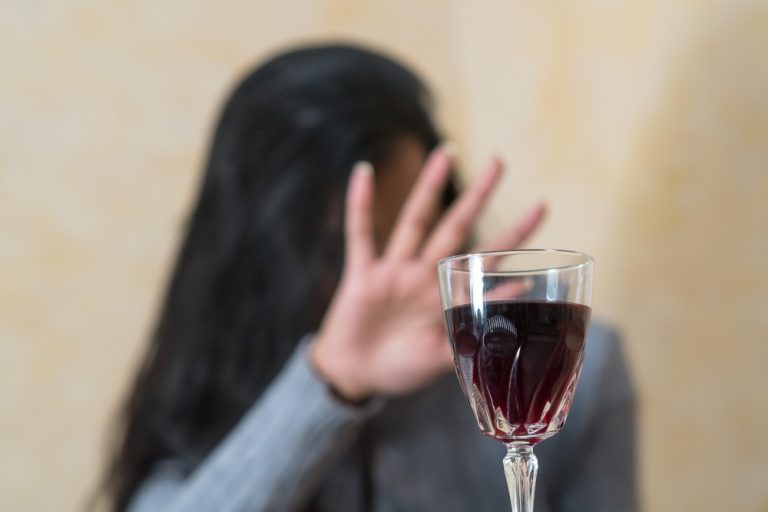Alcohol use disorder Symptoms and causes
Content
In the chart we see the relationship between average per capita alcohol consumption – in litres of pure alcohol per year – versus gross domestic product (GDP) per capita, across countries. The first map shows this in terms of spirits as a share of total alcohol consumption. In many Asian countries spirits account for most of total alcohol consumption.

In terms of the effects on the body and brain, excessive alcohol consumption can increase the risk of various health issues for any user. The liver processes about one standard serving of alcohol, as listed above, per hour. Drinking more than that in one hour can quickly cause intoxication, leading to unsafe decisions and potential risk of injury. Drinking four or more drinks most days of the week is a dangerous level of heavy drinking, and it can lead to long-term health problems like liver damage, diabetes, and even cancer. Sobriety after experiencing an alcohol use disorder is a delicate gift. If you are a recovering addict you may be wondering, “can an alcoholic have an occasional drink?
Signs Your Body Is Telling You You’re Drinking Too Much
The first stage of alcoholism is a general experimentation with alcohol. These drinkers may be new to different forms of alcohol and likely to test their limits. Now, Brewer points out that most excessive drinkers follow much more of a binge-like pattern, where they’re drinking four or more drinks per occasion. https://www.healthworkscollective.com/how-choose-sober-house-tips-to-focus-on/ “That’s correct, as a woman, if you were to drink eight or more [drinks] per week, that is considered in the category of excessive drinking,” Brewer says. They cannot tell whether a person has been drinking heavily for a long time. A person with this condition does not know when or how to stop drinking.

Compulsive behaviors are prominent in addiction, and people with alcohol addiction often drink whenever and wherever they desire. Alcohol addiction is characterized by a physical and psychological need to drink. Treatment tends to have more benefit when you address unwanted patterns of drinking sooner rather than later. So, you don’t have to wait until alcohol use feels uncontrollable before reaching out for help. If you or a loved one show signs of overdose, contact your local emergency services immediately. Alcohol poisoning can get dangerous quickly, and it’s sometimes fatal.
Stage #1: Occasional abuse and binge drinking
This increase in consumption leads to increased tolerance, so you’ll find yourself drinking more to get the same result. It’s estimated that globally, around 168,000 people died directly from alcohol use disorders in 2019. The total estimated number of deaths by country from 1990 to 2019 are found here. At the extreme of country-level figures, prevalence amongst Russians aged years old is just under 10 percent. This means 1-in-10 Russians in this age group has an alcohol dependency. The charts shown below present global data on the prevalence, disease burden and mortality cost of alcohol use disorders.
The higher your BAC level, the higher your chance of alcohol poisoning. If you spend most workdays hungover, daydreaming of the glass of wine you’ll have as soon as you get home, that’s still a concern. It doesn’t matter how tiny the glass is, or how little you drink before becoming intoxicated. Below, we’ll compare and contrast these two patterns of alcohol use in more detail, plus offer some guidance on identifying your options for getting treatment and support. If a blood test reveals that the red blood cells have increased in size, it could be an indication of long-term alcohol misuse.
Interactive charts on Alcohol Consumption
However, giving up alcohol right away isn’t sustainable or desirable for most people. After all, studies have shown that almost 50% of adults wish to reduce their intake without giving up alcohol altogether. Hence, drinking before bed can cause sleep disruptions later sober house in your sleep cycle and lead to insomnia symptoms over time. If you’ve noticed consistent weight gain, it may be time to reflect on your drinking habits. If you’re not consciously keeping track of the drinks you’ve chugged, it’s easy to go over these limits.



